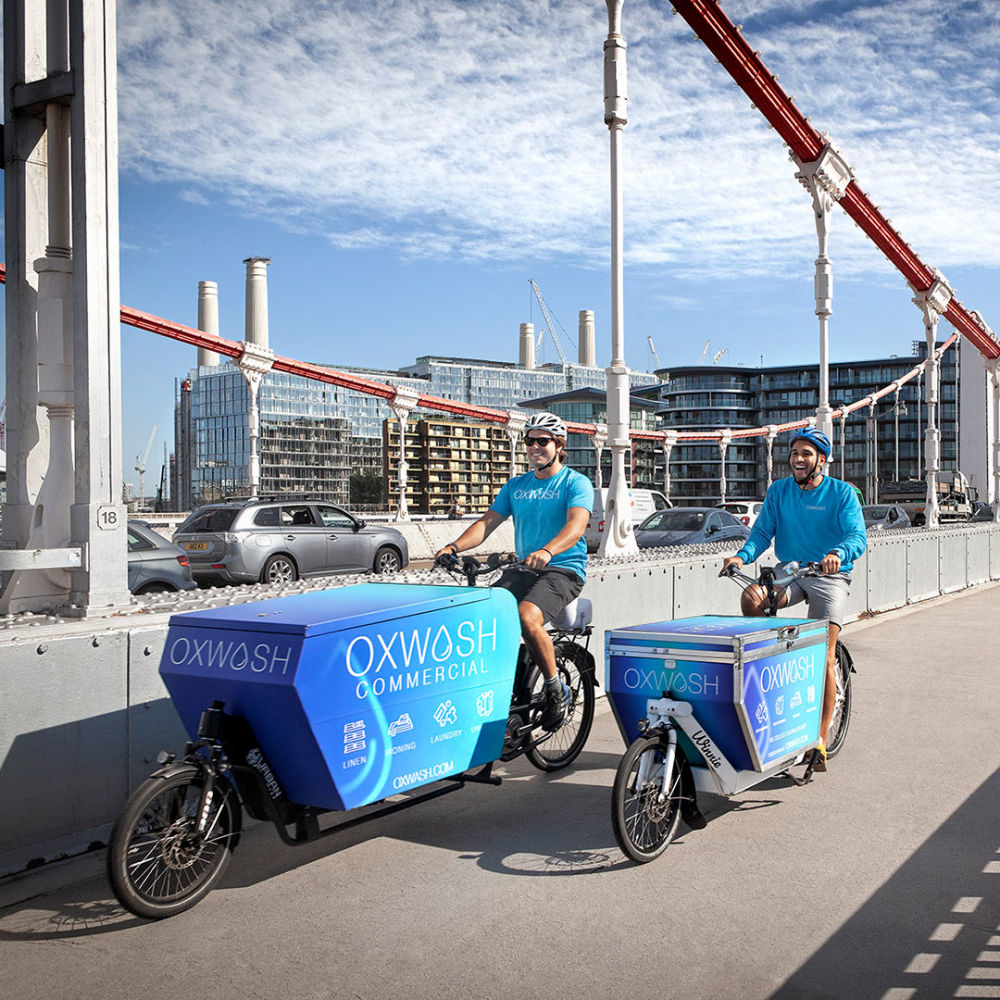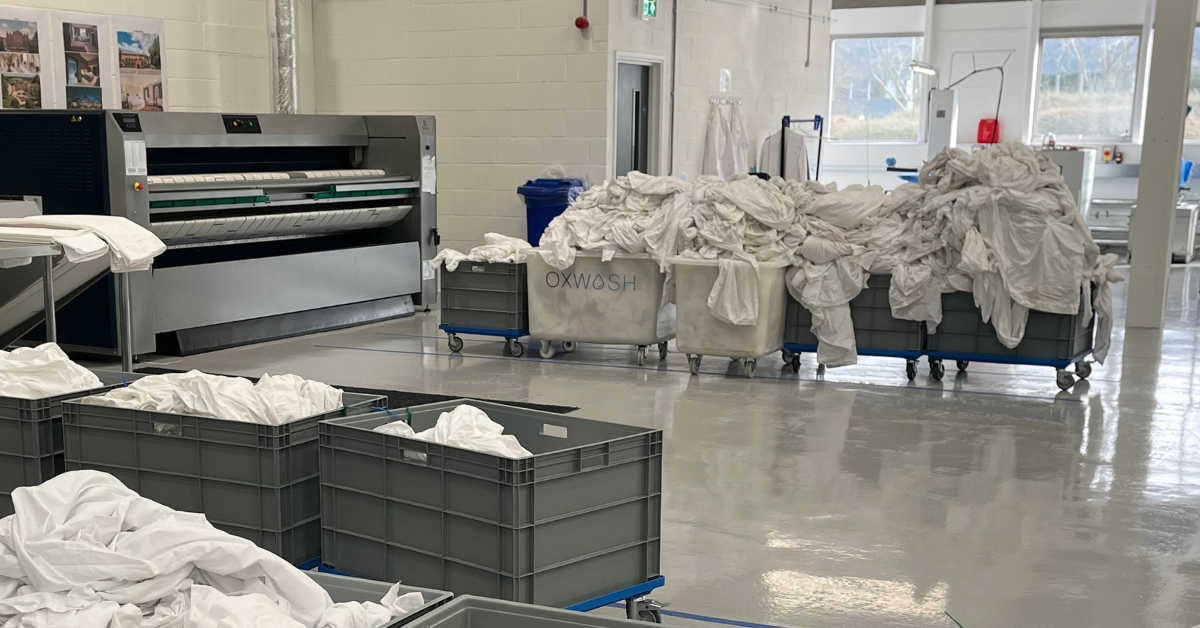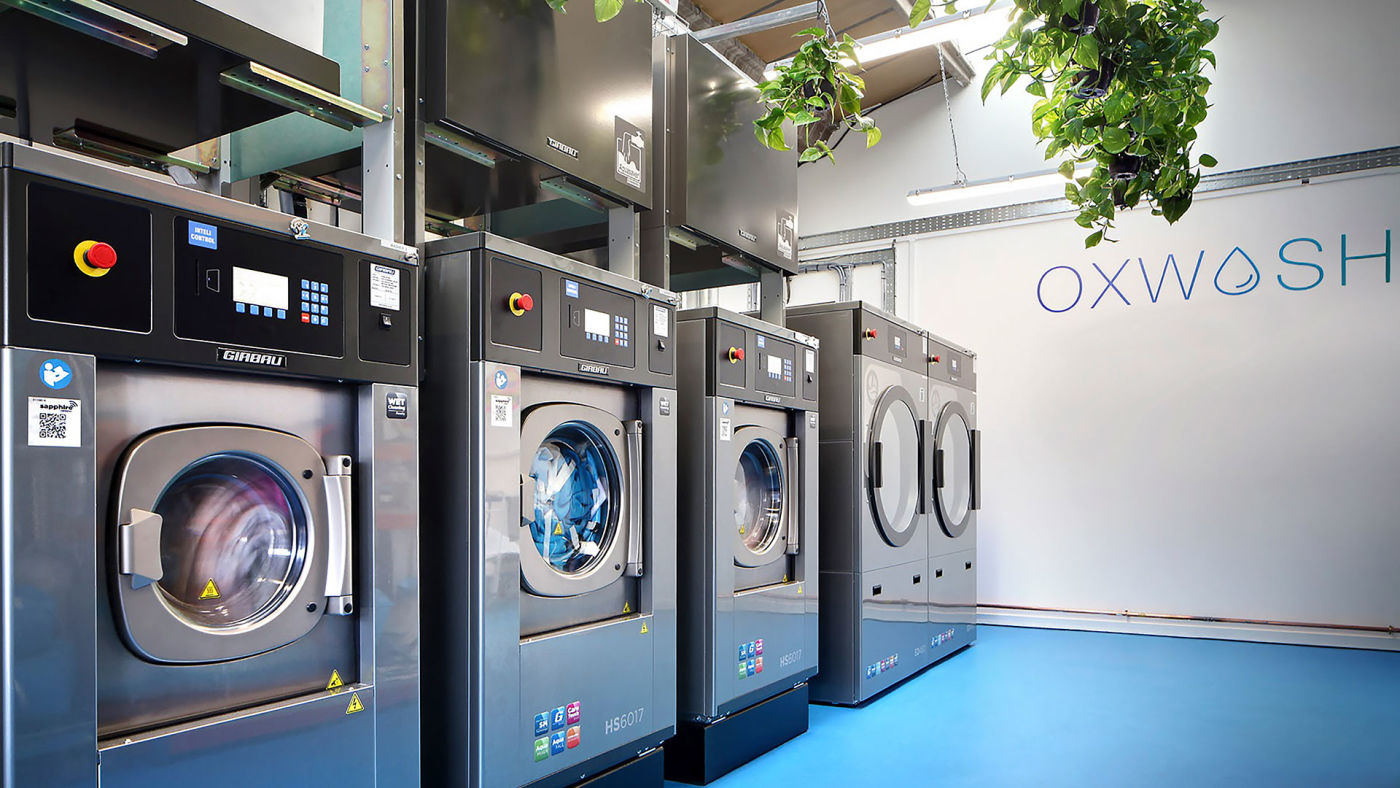Our sustainability report is now live and free to download!
Transparency: A Key to Sustainable Change
Transparency: A Key to Sustainable Change
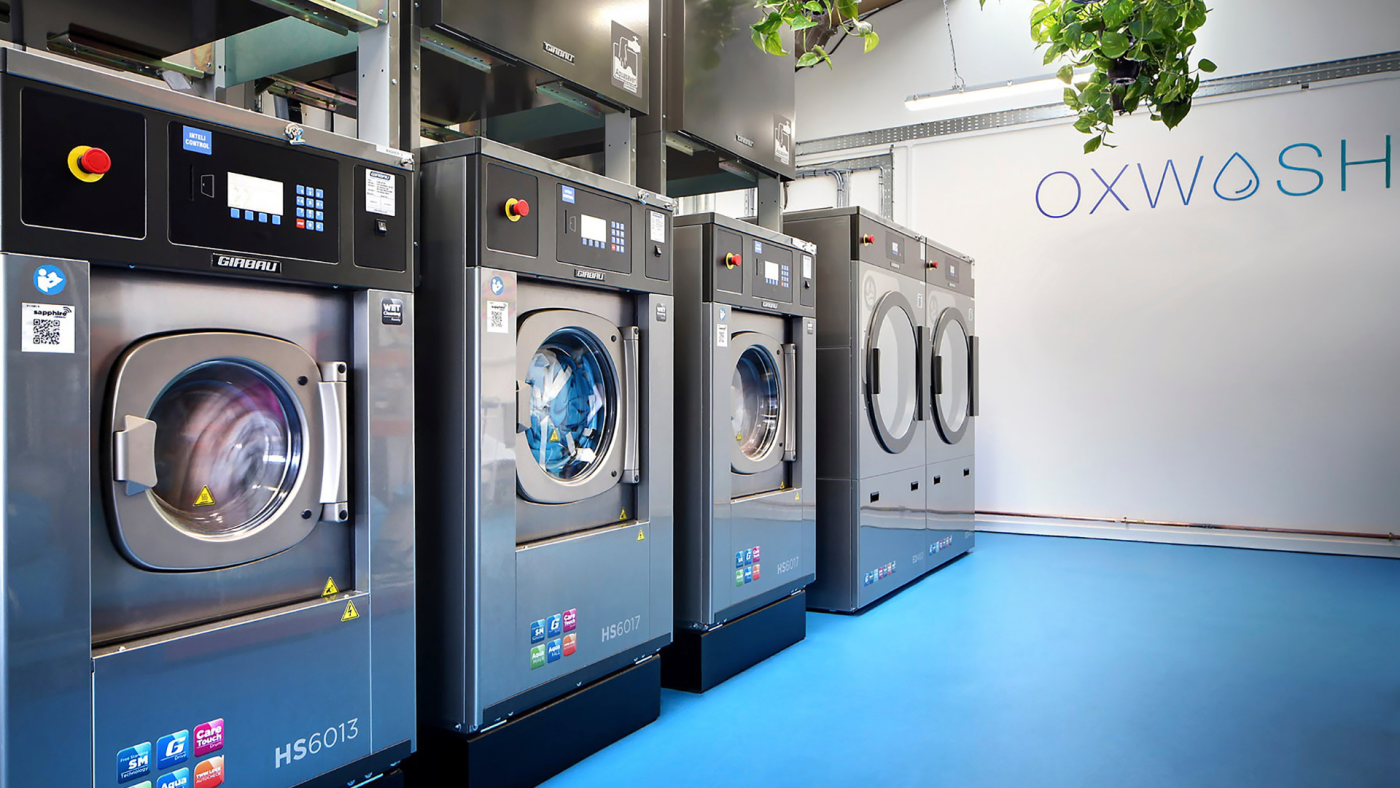

Fashion
Transparency around businesses’ sustainability is still more of a pleasant surprise than the norm. Greenwashing remains a major issue, with the UK's Advertising Standards Authority releasing stricter guidance on green claims by the minute. At Oxwash, we believe all stakeholders should know where we stand in our environmental and social efforts, and the best tool for this is a sustainability report. In our recently released 2022 report, we voluntarily (and with enthusiasm) disclose our greenhouse gas emissions, diversity and inclusion statistics, as well as our current challenges and upcoming plans. Here are three reasons why we think honestly reporting on impact is a key driver for positive change.
Transparency drives smart decisions.
Our sustainability report is a public declaration of our progress to date and commitments for the future, for both people and the planet. We work hard at quantifying our impact, to bring a better understanding of the efficiency of our current solutions. We set SMART targets aligned with the UN Sustainable Development Goals (SDGs) for improved accountability. This helps our suppliers understand our priorities and encourages proactive suggestions of new innovative solutions. It also helps our customers make informed decisions that align with their sustainability agendas, as they learn more about our emissions, water footprint, and commitment to our team's well-being.
Transparency fuels inspiration.
Our sustainability report is a love letter to our industry, reinvigorating Oxwash’s purpose of eliminating the impact of laundry on the planet and people. In one place, we celebrate our wins and reflect on the challenges from the past year. For our employees, preparing and reading the report ignites new ideas on how Oxwash can do even better, from operational excellence to intricate data solutions. As part of the community, we also appreciate businesses having a consolidated document of all sustainability strategies and case studies, facilitating the exchange of best practices and practical tips with other purpose-driven companies.
Transparency invites collaboration.
The reality is that sustainability issues are complex and cannot be solved alone. Take, for example, microfibre pollution in the fashion industry. To address this, we need to collaborate with fashion councils, circular fashion brands, scientists, filter providers, NGOs and consumers, to identify solutions to prevent microplastics from entering our oceans. To support people and businesses in our local communities to cope with the cost of living and energy crises, we at Oxwash also work closely with , B Local communities, councils and other organisations, sharing our net-zero knowledge or donating washes. We believe that powerful ideas can be formed when people come together and exchange their experiences, so we always encourage academics, peers, charities, and public bodies to reach out to us for a chat.
Transparency means trust
Finally, with greenwashing being more prevalent than ever, it is transparency that drives trust. Saying ‘we are sustainable’ does not cut it anymore, and customers should demand evidence for sustainability claims.
Without transparency, it is becoming hard for brands to communicate their sustainability efforts in a credible and trustworthy way. Brands should focus on making all the information available to their stakeholders in an easy and accessible way and include information about their products, processes and practices across their communication streams.
If a sustainable claim is being made without factual evidence, it is considered greenwashing. Therefore, it is crucial for companies to be able to track their supply chains thoroughly. We want to go beyond this, analysing not only our own energy use (scopes 1 and 2) but also energy use and its impact across our whole value chain (across scopes 1, 2 and 3) - meaning with our suppliers, business travels etc. Ultimately, we believe transparency in reporting is essential for driving sustainable change and motivating us to do better. To learn more about our progress and commitments to our people and planet, read our 2022 Sustainability Report.
Related Articles
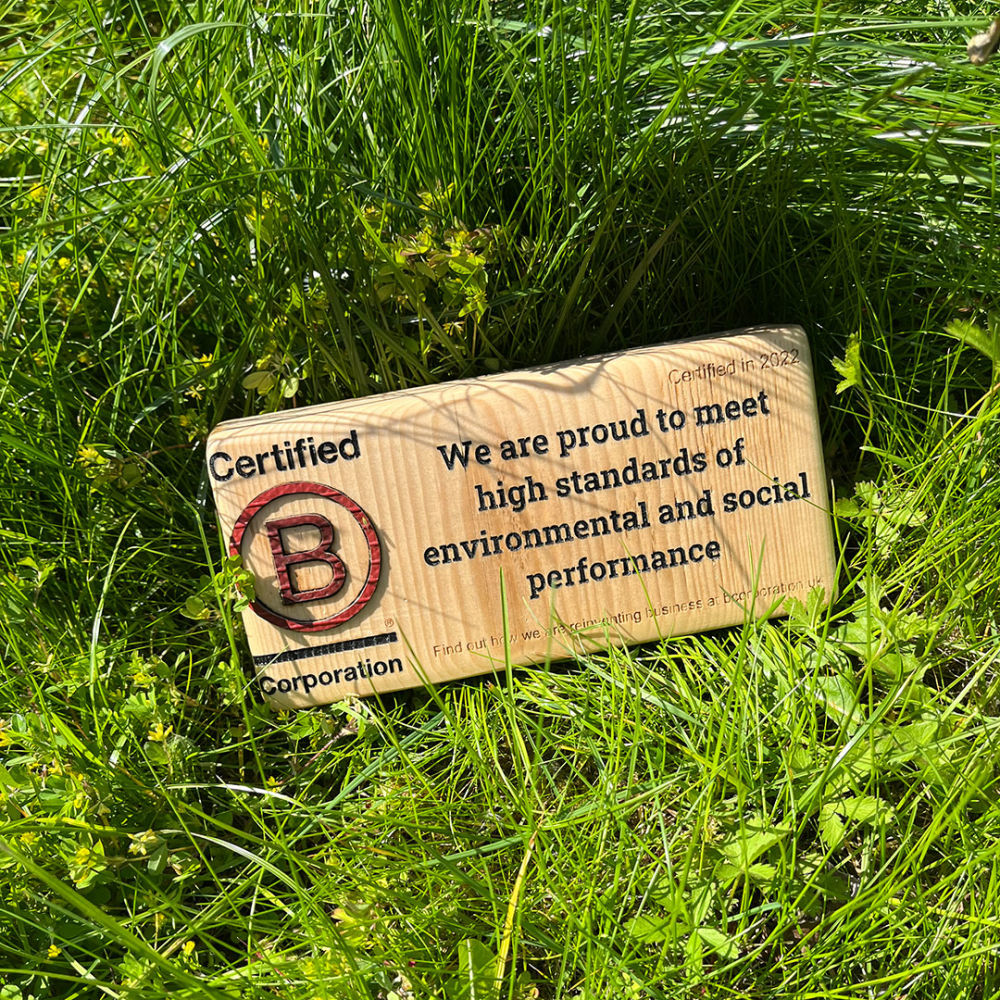

B Corp™ certified.


Surpassing NHS-grade disinfection.
